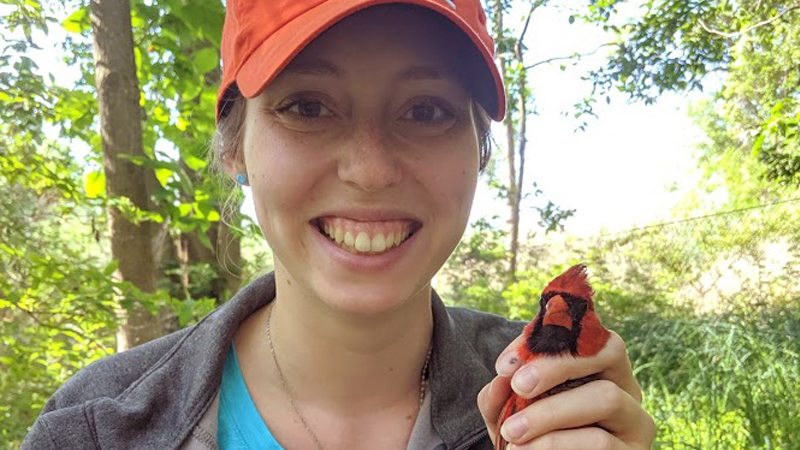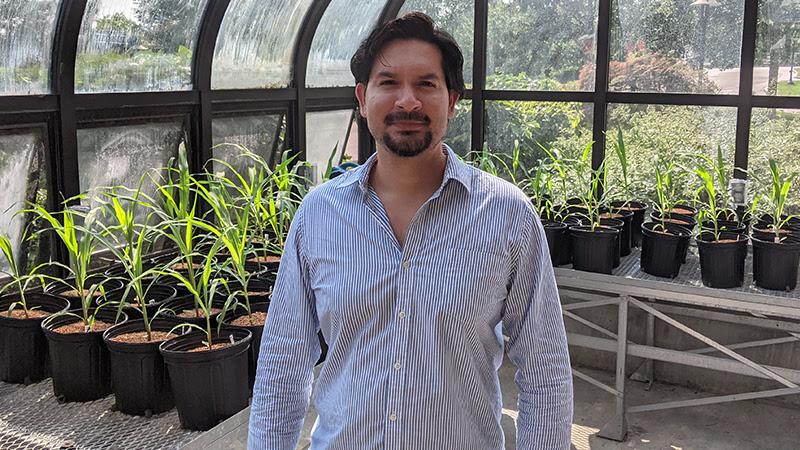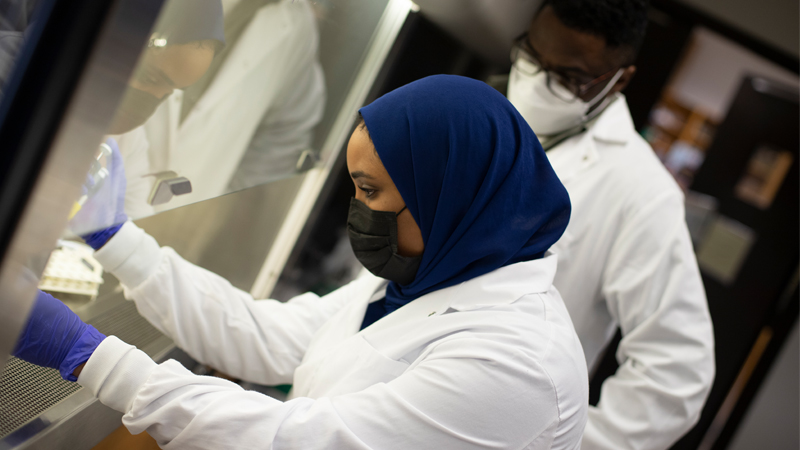RIT Academic Journey Paved the Way to Monitoring Drug Safety
After earning a BS in biology and MS in clinical chemistry, Kevin King ’10 has established himself as a proficient Pharmacovigilance professional, responsible for overseeing the safety of pharmaceutical compounds.
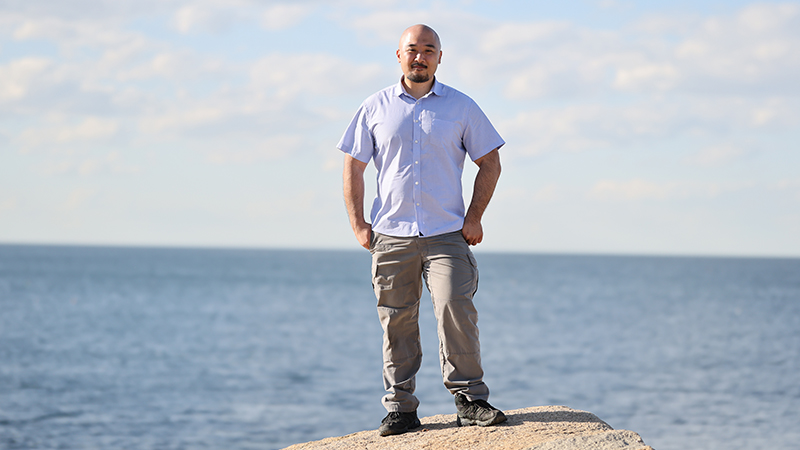
When he started pursuing a degree at RIT in clinical chemistry, Kevin King didn’t imagine he would one day be supervising teams that monitor the safety of drug compounds. But through his academic journey, he landed his current role as an associate director of safety risk management at argenx, a global immunology company committed to improving the lives of those suffering from severe autoimmune diseases.
Kevin had always been captivated by computers, microchips, and technology due to his father's occupation in semiconductors. This interest initially led him to microelectronic engineering at RIT. However, after completing an engineering co-op at RIT, Kevin realized that semiconductor fabrication was not the right career path for him. He decided to switch his major in his third year to pursue a topic that truly appealed to him: biology. This decision was influenced by an exceptional high school teacher who had nurtured his passion for biology. Despite changing his major, Kevin was able to complete his BS degree within the original five-year timeline he had set when starting his engineering program.
After completing his undergraduate studies in biology, Kevin pursued a master's degree in clinical chemistry. He was particularly drawn to the opportunity to establish a career in his hometown of Boston, a hub for biotechnology. Clinical chemistry combines elements of both chemistry and biology in a clinical setting, which made it the perfect fit for Kevin's interests and skills. His background in microelectronics, including statistical courses, prepared him for his current career path in pharmacovigilance – the field of monitoring drug safety. This involves detecting, assessing, understanding, and preventing adverse effects or any other issues related to medicines and vaccines. Before any medicine or vaccine is approved for use, it undergoes extensive testing for safety and effectiveness through clinical trials.
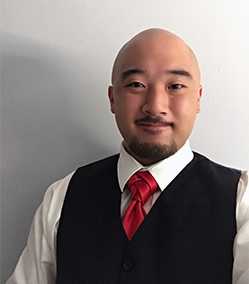
Kevin's journey in the field of pharmacovigilance began after he graduated from RIT. Although it was a challenging journey, as is common in any field that demands a high level of expertise, he persevered despite the high rate of attrition. “I gained experience through jobs at different companies, which honed my skills relevant to pharmacovigilance. As I accumulated several years of experience, I was able to join sponsor companies and gain a deeper understanding of the inner workings of drug safety and pharmacovigilance departments. I worked diligently to acquire new skills and always accepted new projects, which has now allowed me to contribute as a subject matter expert. I feel fortunate to have reached this point in my career, as it is the result of years of hard work and dedication.”
He cites his time at RIT as providing an essential foundation to where he is today. “The field I chose was a natural fit for me, as it builds upon the knowledge and skills I acquired at RIT. The medical sciences and clinical trial seminar classes were particularly useful, and I frequently reference the textbooks from those courses in my current work. Furthermore, my engineering background has equipped me with valuable mathematical knowledge and Excel proficiency, which I utilize daily.”
Kevin elaborated on his experience with the co-op program and how it was instrumental in preparing him for the industry. “It provided me with a glimpse into the real-world and helped me understand what to expect after graduation. Working in an office environment is vastly different from being in a classroom or a summer job. Although my co-op ultimately led me to pursue a different field, the experience was life changing. In today's competitive job market, gaining practical work experience is crucial. I firmly believe that my industry experience sets me apart from other graduates and has helped me secure employment opportunities. As an interviewer, I always consider a candidate's work experience and its relevance to the position.”
For students interested in pursuing a career in the pharmaceutical industry, Kevin stressed there are various avenues to explore. “Pharmaceutical companies offer a wide range of departments, including commercial and finance, medical sciences, laboratory research, and regulatory affairs, which high school students can consider. It is crucial to identify your strengths and specialize in a specific field that offers depth and potential for growth. Keep in mind that positions with high compensation usually have a high barrier to entry.”
If your goal is to work in pharmacovigilance, Kevin recommends pursuing an undergraduate degree in life sciences and a postgraduate education focused on medical sciences.” It takes time to establish yourself in this field, so be prepared to put in the necessary effort. It can be challenging to find entry-level positions in this competitive industry, but persistence and resilience are key. Be open to all opportunities that may eventually lead you to your goal.”
Kevin's concluding remark highlighted a crucial yet often disregarded ability in all professions: effective communication. “Communication is a crucial skill that is often overlooked but essential in any field. The ability to effectively communicate through verbal and written means is vital. Many careers nowadays require collaboration with others, making it crucial to be able to express your thoughts and ideas to a team, persuade others, and gain support for your vision. These skills are invaluable and can set you apart in any profession.”
Although RIT no longer offers a clinical chemistry program, students can now pursue a master’s degree in chemistry. This degree equips them with the skills and knowledge to become independent researchers in various areas of chemistry.










